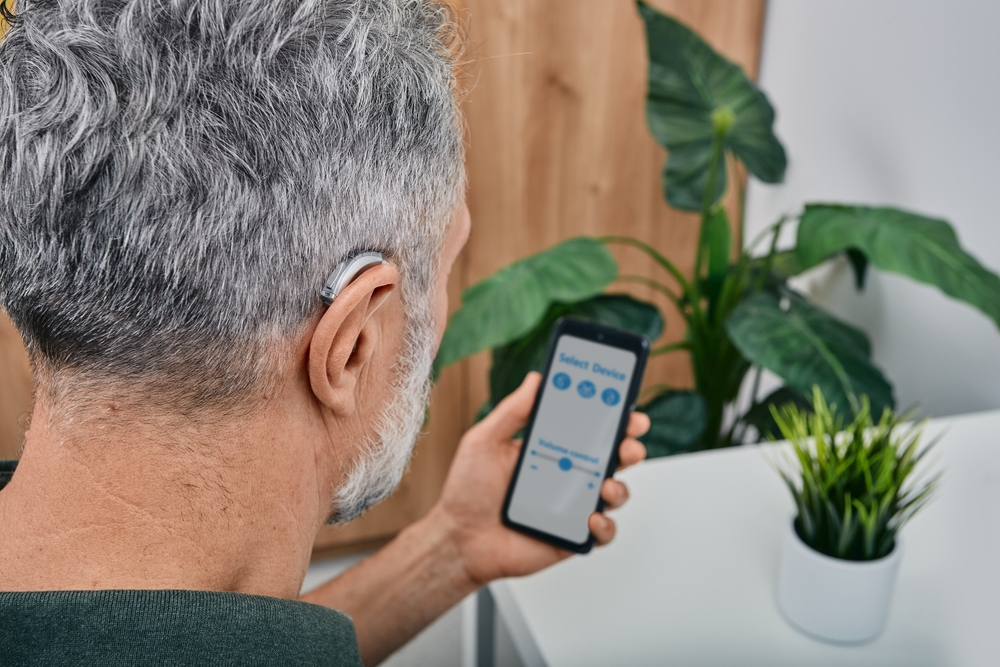
Socializing with family and friends and interacting with co-workers can be negatively impacted by even mild hearing loss, and this also includes everyday activities like shopping. However, the benefits of well-calibrated hearing aids can result in transformative changes.
Top ten reasons to invest in hearing aids
Even though improving hearing is the obvious and primary advantage of hearing aids, their positive impact goes far beyond that. Let’s investigate the comprehensive benefits that wearing hearing aids can offer.
Better relationships and communication
Clear communication is the cornerstone of healthy relationships. Relationships can be tense when hearing loss leads to missed communication. Feelings of separation and stress will be reduced and your ability to communicate with others will be enhanced by using hearing aids.
Improved independence
Neglected hearing loss results in obstacles in communication causing tasks like buying groceries to become challenging. Hearing aids empower you to navigate these situations independently by improving your ability to hear and understand speech in a variety of settings. Having a greater sense of independence will help you do things that demand improved situational awareness such as driving, for instance.
Potential for higher income
In professional situations, effective communication is critical. Your job efficiency and career advancement can be diminished by untreated hearing loss which can affect how you participate in meetings and other work-related gatherings. By using hearing aids, you can stay engaged and alert, enhancing your productivity and opening doors to career opportunities.
Reduced tinnitus symptoms
Tinnitus, which is a ringing in the ear, commonly accompanies hearing loss. Hearing aids can offer relief from tinnitus for some people by masking symptoms.
Mitigated cognitive decline
Some research has uncovered a link between untreated hearing loss and cognitive decline, including dementia. It’s possible that using hearing aids to manage neglected hearing loss can decrease the chance of cognitive impairment and help maintain the overall health of the brain.
The pleasure of music
The perception of music will be less pleasant if hearing loss is distorting your perception of it. Hearing aids restore the fullness and depth of musical sounds by compensating for gaps in frequency, allowing you to rediscover the pleasure of listening to your favorite songs.
Increased confidence
Whether you’re in a social or professional setting, being able to hear better will give you more confidence. With increased communication abilities, you’ll feel more self-assured and competent, enhancing your general quality of life.
Having more energy
Neglected hearing loss pushes the brain to work overtime to fill in missing sound which can be mentally exhausting. Hearing aids reduce this strain, giving you mental relief and allowing you to enjoy activities without feeling continuously fatigued.
Awareness and safety can be increased
Awareness of one’s environment is crucial for safety, whether it’s crossing the road or driving a car. Environmental sounds can be restored by hearing aids, ensuring that your reaction to things like alarms and approaching vehicles is safe and correct.
Establishing an example that is positive
You will set a positive example for other people going through hearing loss by embracing hearing aids and displaying an approach to health and well-being that is positive. It inspires individuals around you by showing a commitment to personal improvement and growth.
Get your hearing checked today
Hearing aids are primarily designed to help you hear better, but numerous other facets of your life can be significantly affected too. Whether it’s fostering better relationships, maximizing independence, or preserving mental health, the decision to use hearing aids is a step towards a more fulfilling and engaged life.
Make an appointment for a hearing test today and take the initial steps to hearing better.